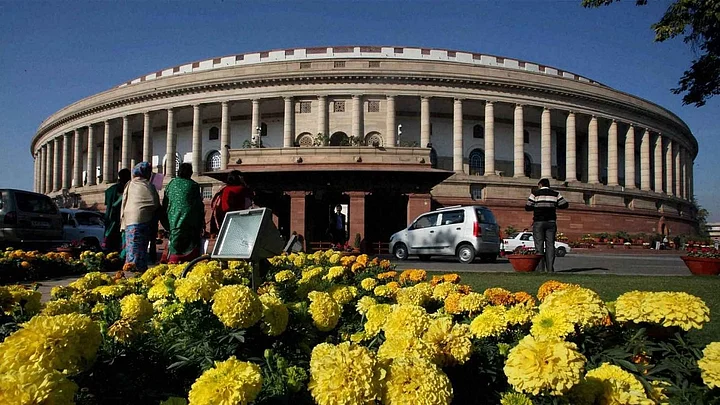The Parliamentary Standing Committee on Communications and Information Technology has suggested reconstitution of the Press Council of India into a comprehensive media council for the print, electronic and digital media to perform various roles, including ensuring ethical standards in news coverage.
The Committee, while recommending to the government to explore the possibility of setting up a reworked council, underlined that the council should also have the legal authority to enforce its orders so that it maintains the highest ethical standards and credibility of the media while also ensuring its freedom.
What Were the Recommendations of the Committee?
A report tabled in the Lok Sabha on Ethical Standards in Media Coverage by the Standing Committee on Communications and Information Technology, headed by MP Shashi Tharoor, talks about the loss of credibility and integrity of the media, including freedom as well as compliance with standards in electronic and digital media, grievance redressal system, monitoring mechanism, self-regulation by TV channels, TRP, social media, paid news, fake news and FDI in media as well as many other issues.
Referring to the Law Commission's report in its recommendation, the Parliamentary Committee has asked the Ministry of Information and Broadcasting to discuss with the Ministry of Law and Justice the early implementation of the Law Commission's recommendations to make paid news an electoral offence.
The Committee recommended to the Ministry to be alert to viral videos and news while recommending a broader definition of the term 'Fake News'.
While expressing its dissatisfaction with the current system of measuring TRP, the Committee has recommended to the government to reform it and bring changes, saying that rural and semi-urban areas should also be given equal weightage, similar to the cities, by increasing its sample size.
Referring to the incidents of TRP enhancement by 'tampering', the Committee has advised the Ministry to study the global system to ensure accuracy and transparency in the TRP system.
'Make Urgent Amendments to the Cable Television Networks (Regulation) Act'
Highlighting the shortcomings of the current system in taking strict action in case of non-compliance with ethical standards, the Committee has set a time limit for the Bureau of Outreach and Communication to act in cases censored by the Press Council of India.
With regard to the electronic media, the Committee, stating that the existing Cable Television Networks (Regulation) Act-1995 is 25 years old, recommended urgent amendments to it to make it more consumer-friendly, transparent and capable of addressing the problems of all stakeholders.
The committee has also recommended a proper definition of the term 'anti-national approach', terming it as creating apprehension of unnecessary harassment for private channels.
Meanwhile, acknowledging the impact of the content shown on the OTT platforms on children, the Committee said that OTT platforms provide freedom to the audience in what kind of content they watch.
The Committee, while talking about promoting the competition around FDI in the media sector, said that the Ministry of Information and Broadcasting had made FDI rules for the media in such a way that the sectors which are lacking can get more attention.
(At The Quint, we question everything. Play an active role in shaping our journalism by becoming a member today.)
